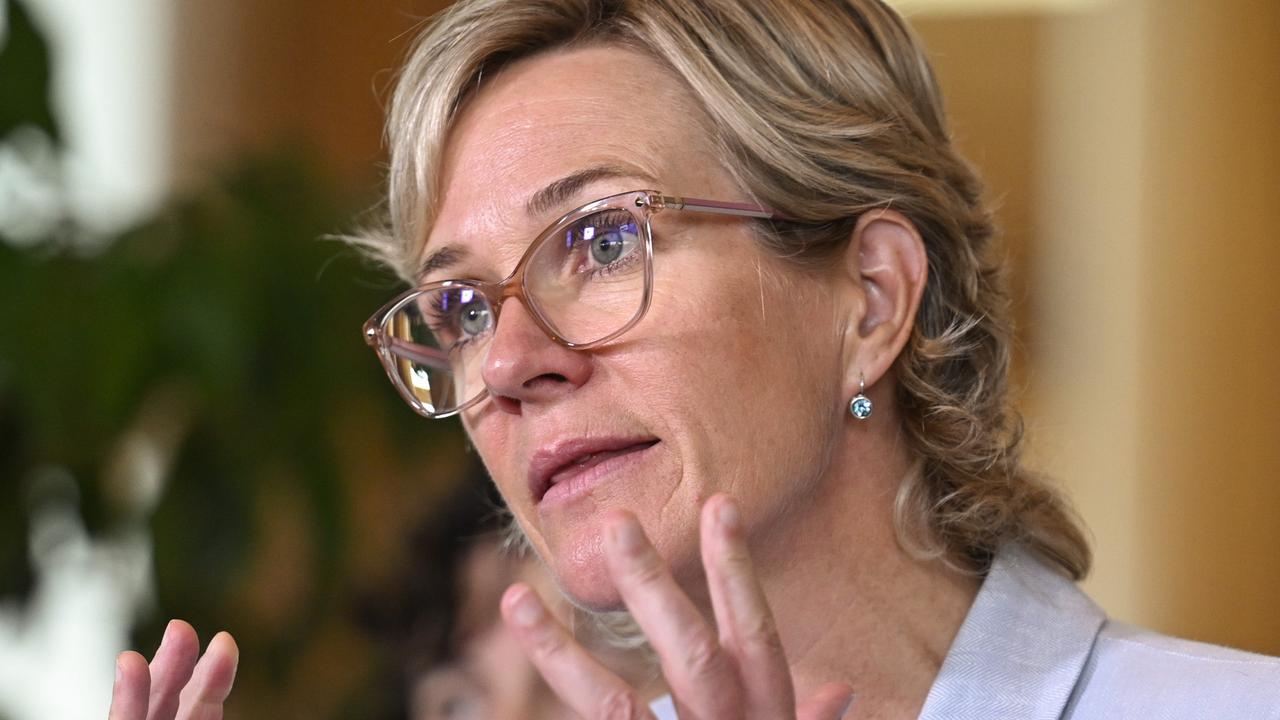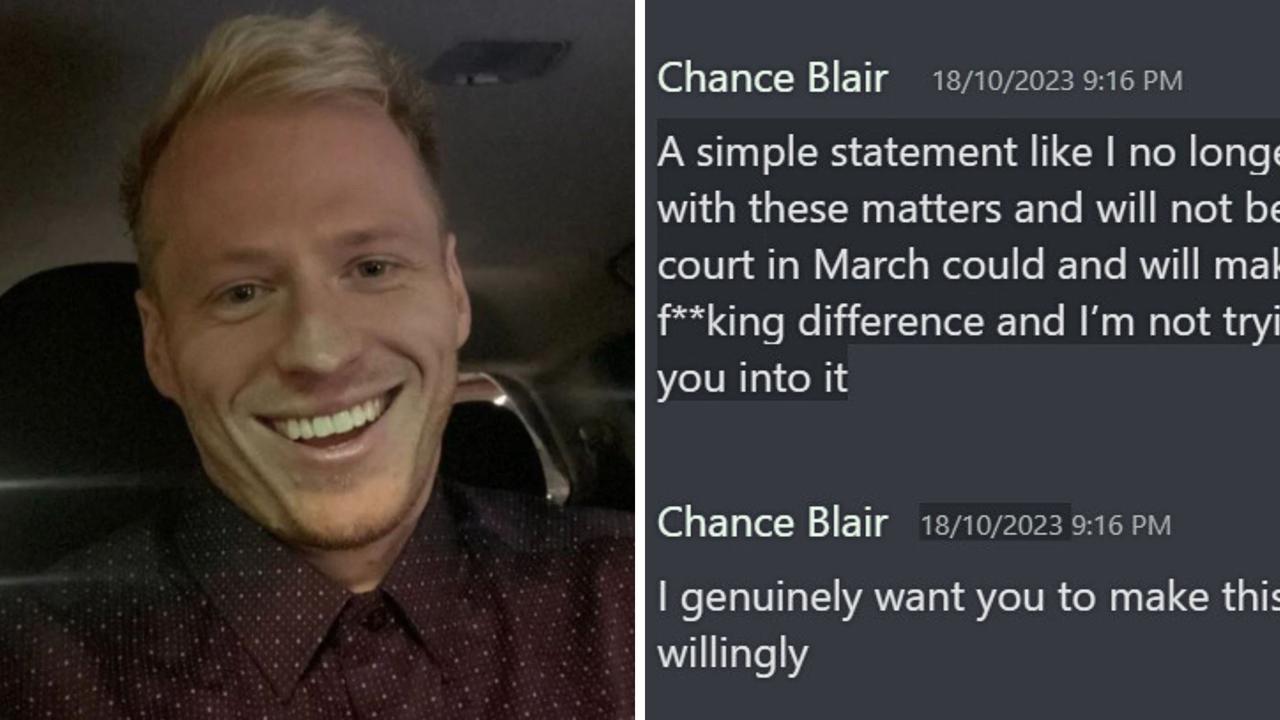US Aid Freeze Impacts Critical Programs and Refugee Assistance
The US has announced an aid freeze affecting various international programs including refugee assistance, as outlined in a recent cable from Secretary of State Marco Rubio.
The US provides more foreign aid globally than any other country, budgeting about USD 60 billion in 2023, which is approximately 1 percent of the US budget.
Secretary of State Marco Rubio's order, sent by cable to US embassies worldwide, specifically exempted emergency food programs and military aid to Israel and Egypt.
The cable spells out the execution of the aid-freezing executive order that President Donald Trump signed on Monday.
The cable stated the freeze was necessary to ensure that "appropriations are not duplicated, are effective, and are consistent with President Trump's foreign policy."
The freeze includes funding for the anti-HIV program, the President's Emergency Relief Plan for AIDS Relief (PEPFAR) and does not appear to allow for assistance to Ukraine to continue.
The State Department agency overseeing refugee and resettlement sent guidance to the resettlement agencies it works with, stating they had to immediately "suspend all work" under the foreign assistance they were receiving.
While there was little clarity in the guidance, the notification suggests that resettlement agencies working with refugees, including Afghans who arrived on special immigrant visas, might have to halt their work at least temporarily.














